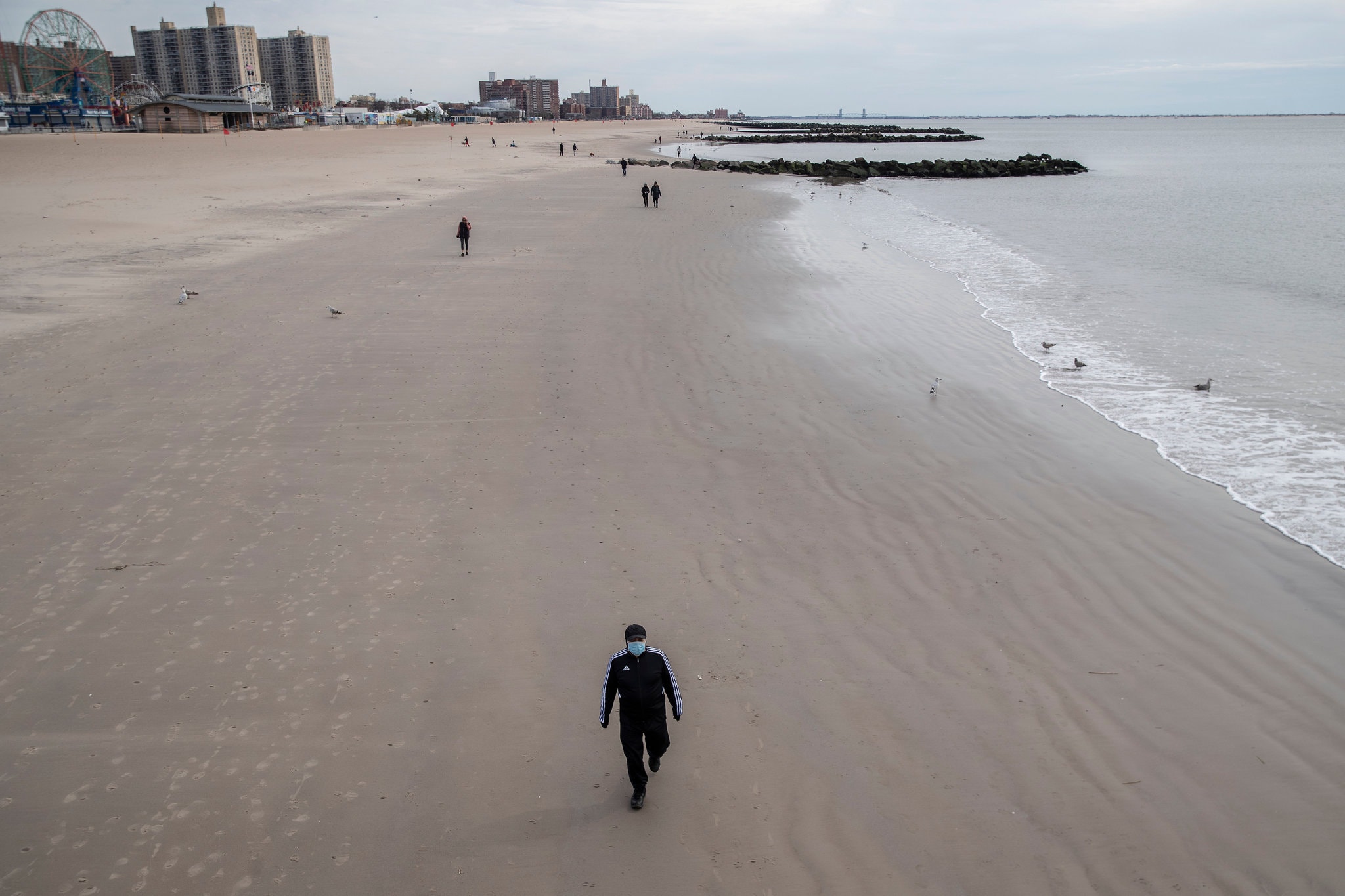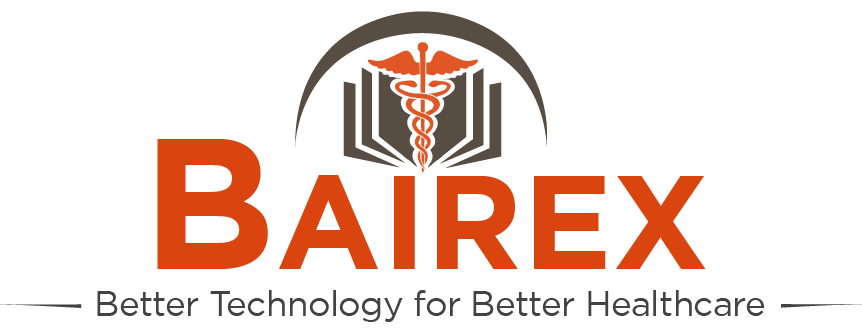Latest on COVID-19
- Home
- Latest on COVID-19
The Virus Can Be Stopped, but Only With Harsh Steps, Experts Say ...

Terrifying though the coronavirus may be, it can be turned back. China, South Korea, Singapore and Taiwan have demonstrated that, with furious efforts, the contagion can be brought to heel.
Whether they can keep it suppressed remains to be seen. But for the United States to repeat their successes will take extraordinary levels of coordination and money from the country’s leaders, and extraordinary levels of trust and cooperation from citizens. It will also require international partnerships in an interconnected world.
There is a chance to stop the coronavirus. This contagion has a weakness.
Although there are incidents of rampant spread, as happened on the cruise ship Diamond Princess, the coronavirus more often infects clusters of family members, friends and work colleagues, said Dr. David L. Heymann, who chairs an expert panel advising the World Health Organization on emergencies.
No one is certain why the virus travels in this way, but experts see an opening nonetheless. “You can contain clusters,” Dr. Heymann said. “You need to identify and stop discrete outbreaks, and then do rigorous contact tracing.”
But doing so takes intelligent, rapidly adaptive work by health officials, and near-total cooperation from the populace. Containment becomes realistic only when Americans realize that working together is the only way to protect themselves and their loved ones.
In interviews with a dozen of the world’s leading experts on fighting epidemics, there was wide agreement on the steps that must be taken immediately.
Those experts included international public health officials who have fought AIDS, malaria, tuberculosis, flu and Ebola; scientists and epidemiologists; and former health officials who led major American global health programs in both Republican and Democratic administrations.
Americans must be persuaded to stay home, they said, and a system put in place to isolate the infected and care for them outside the home. Travel restrictions should be extended, they said; productions of masks and ventilators must be accelerated, and testing problems must be resolved.
But tactics like forced isolation, school closings and pervasive GPS tracking of patients brought more divided reactions.
It was not at all clear that a nation so fundamentally committed to individual liberty and distrustful of government could learn to adapt to many of these measures, especially those that smack of state compulsion.
“The American way is to look for better outcomes through a voluntary system,” said Dr. Luciana Borio, who was director of medical and biodefense preparedness for the National Security Council before it was disbanded in 2018.
“I think you can appeal to people to do the right thing.”
In the week since the interviews began, remarkable changes have come over American life. State governments are telling residents they must stay home. Nonessential businesses are being shuttered.
The streets are quieter than they have been in generations, and even friends keep a wary distance. What seemed unthinkable just a week ago is rapidly becoming the new normal.
What follows are the recommendations offered by the experts interviewed by The Times.
Scientists must be heard
The White House holds frequent media briefings to describe the administration’s progress against the pandemic, often led by President Trump or Vice President Mike Pence, flanked by a rotating cast of officials.
Many experts, some of whom are international civil servants, declined to speak on the record for fear of offending the president. But they were united in the opinion that politicians must step aside and let scientists both lead the effort to contain the virus and explain to Americans what must be done.
Just as generals take the lead in giving daily briefings in wartime — as Gen. Norman Schwarzkopf did during the Persian Gulf war — medical experts should be at the microphone now to explain complex ideas like epidemic curves, social distancing and off-label use of drugs.
The microphone should not even be at the White House, scientists said, so that briefings of historic importance do not dissolve into angry, politically charged exchanges with the press corps, as happened again on Friday.
Instead, leaders must describe the looming crisis and the possible solutions in ways that will win the trust of Americans.
Above all, the experts said, briefings should focus on saving lives and making sure that average wage earners survive the coming hard times — not on the stock market, the tourism industry or the president’s health. There is no time left to point fingers and assign blame.
“At this point in the emergency, there’s little merit in spending time on what we should have done or who’s at fault,” said Adm. Tim Ziemer, who was the coordinator of the President’s Malaria Initiative from 2006 until early 2017 and led the pandemic response unit on the National Security Council before its disbanding.
“We need to focus on the enemy, and that’s the virus.”
Stop transmission between cities
The next priority, experts said, is extreme social distancing.
If it were possible to wave a magic wand and make all Americans freeze in place for 14 days while sitting six feet apart, epidemiologists say, the whole epidemic would sputter to a halt.
The virus would die out on every contaminated surface and, because almost everyone shows symptoms within two weeks, it would be evident who was infected. If we had enough tests for every American, even the completely asymptomatic cases could be found and isolated.
The crisis would be over.
Obviously, there is no magic wand, and no 300 million tests. But the goal of lockdowns and social distancing is to approximate such a total freeze.
To attempt that, experts said, travel and human interaction must be reduced to a minimum.
Italy moved incrementally: Officials slowly and reluctantly closed restaurants, churches and museums, and banned weddings and funerals. Nonetheless, the country’s death count continues to rise.
The United States is slowly following suit. International flights are all but banned, but not domestic ones. California has ordered all residents to stay at home; New York was to shutter all nonessential businesses on Sunday evening.
But other states have fewer restrictions, and in Florida, for days spring break revelers ignored government requests to clear the beaches.
On Friday, Dr. Anthony S. Fauci, chief medical adviser to the White House Coronavirus Task Force, said he advocated restrictive measures all across the country.
In contrast to the halting steps taken here, China shut down Wuhan — the epicenter of the nation’s outbreak — and restricted movement in much of the country on Jan. 23, when the country had a mere 500 cases and 17 deaths.
Read more: https://www.nytimes.com/2020/03/22/health/coronavirus-restrictions-us.html

